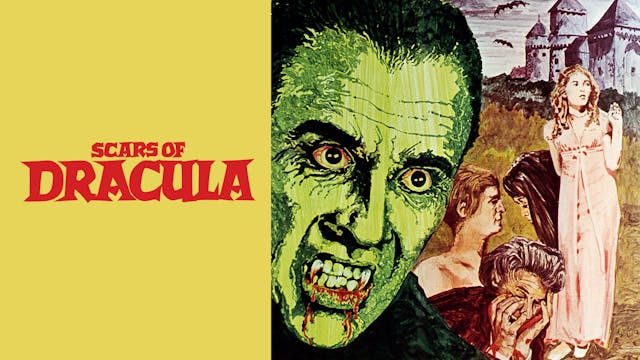The Ballad of Narayama
Cult Classics
•
Drama, UR, 29-Apr-1983
Throughout the 1980s, Shohei Imamura (The Pornographers, Profound Desires of the Gods), a leading figure of the Japanese New Wave era of the 1960s, cemented his international reputation as one of the most important directors of his generation with a series of films that all competed at Cannes to great critical acclaim. Based on an ancient folktale, The Ballad of Narayama (1983) was the first of two works from the director to win the prestigious Cannes Palme d'Or. Imamura's magnum opus depicts the members of an extended farming family eking out their existence in the mountainous north of Japan against the backdrop of the changing seasons before village lore decrees they make the sacrifice of abandoning their aged mother on the top of a nearby mountain when she reaches her seventieth year. This work epitomises the director's almost documentary style of filmmaking, exposing the vulgar yet vibrant and instinctive underbelly of Japanese society through a sympathetic focus on peasants, prostitutes, criminal lowlife and other marginalised figures to explore the schism between the country's timeless premodern traditions and the modern face it projects to the world.
Up Next in Cult Classics
-
Scars of Dracula
When he is banished from the village, Paul Carson (Christopher Matthews) winds up at Castle Dracula, where unbeknownst to him, the Lord of the Undead (Christopher Lee) has been reanimated. Searching for Paul, his brother Simon (Dennis Waterman) storms Castle Dracula with his fiancée, unaware of t...
-
The Man Who Haunted Himself
Conservative executive Harold Pelham (a harrowing and atypical performance by Roger Moore) is involved in a car accident and declared momentarily dead. When he's eventually released from the hospital, Pelham discovers that an exact double of him has recently been seen in places that he's never be...
-
Pink String and Sealing Wax
Two worlds collide in this melodrama set in Victorian Brighton: a repressive household, run by a tyrannical chemist, and a sleazy tavern, presided over by a passionate landlady. The chemist's son (Gordon Jackson) finds himself, understandably enough, in thrall to the landlady (Googie Withers). Hi...



